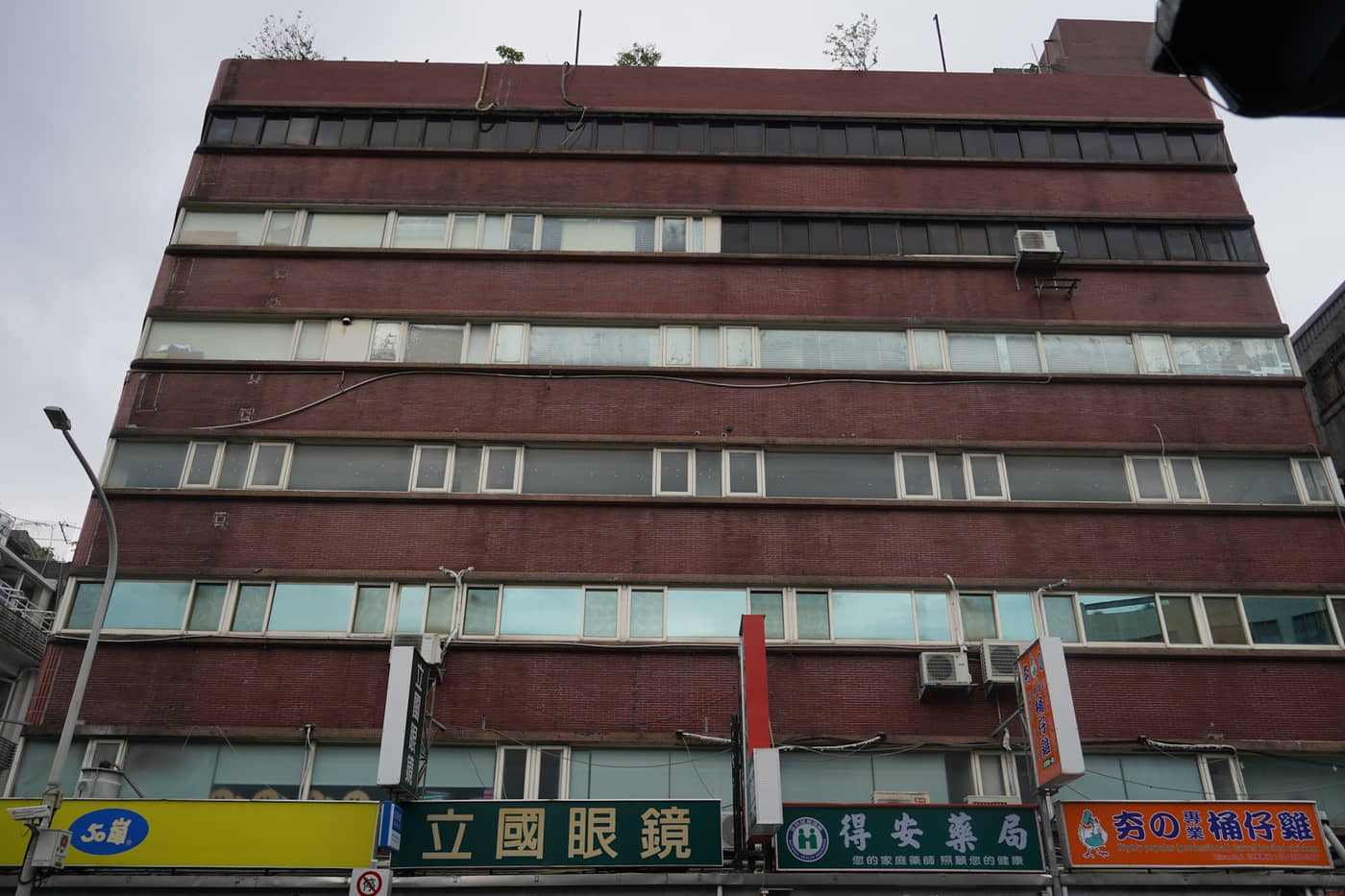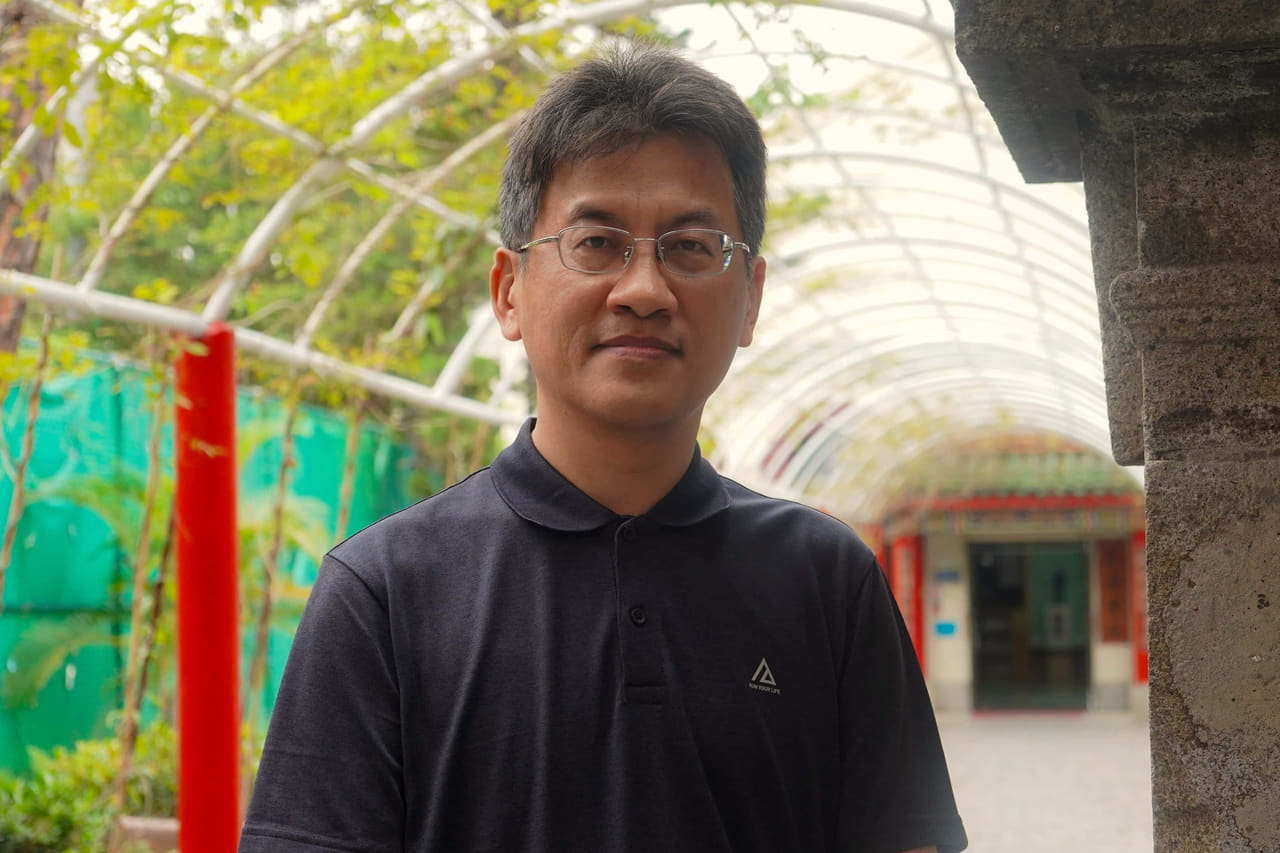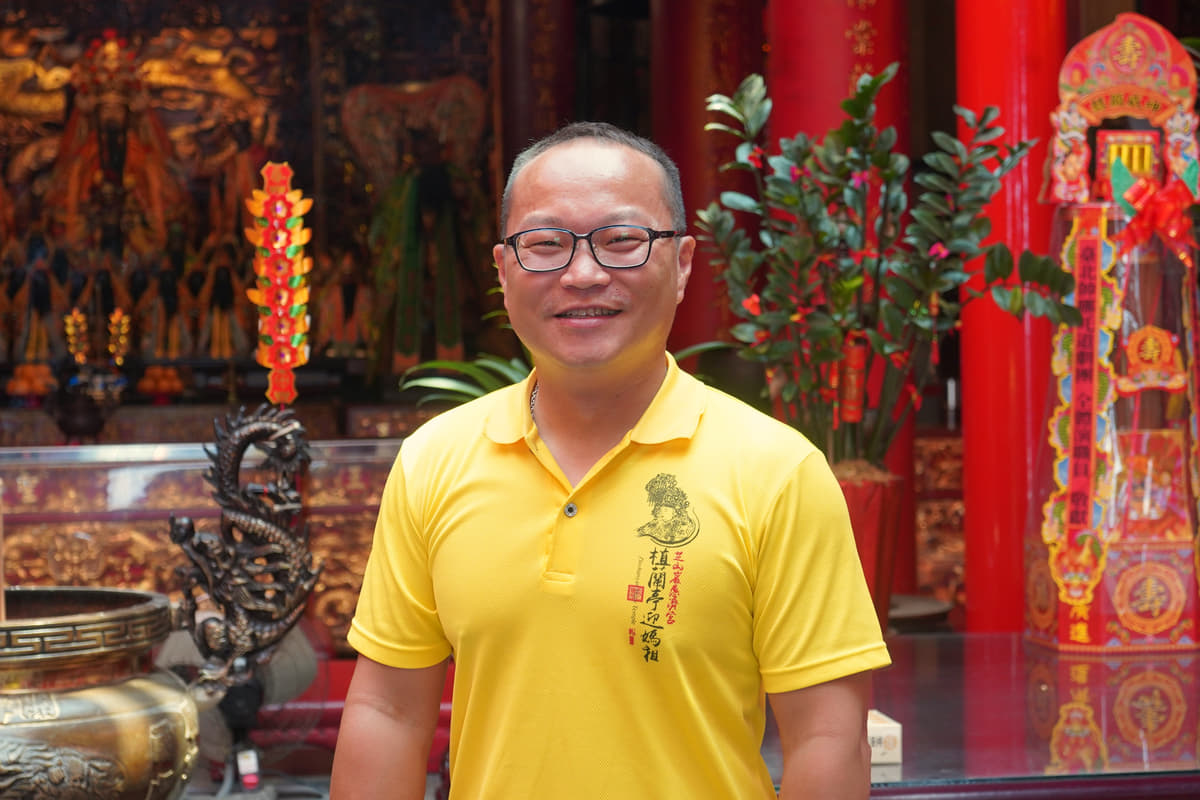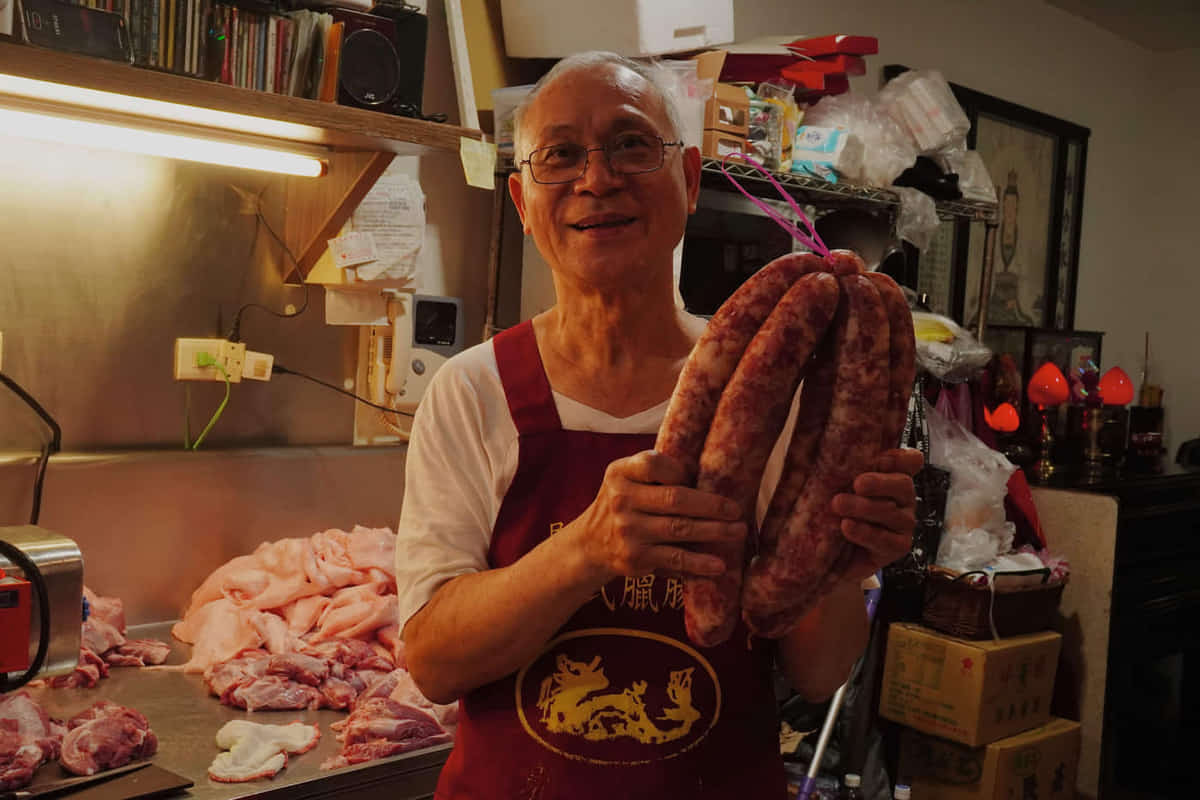Lily (莉莉)

Lily at her family owned pharmacy on April 10th, 2024
A true pillar of the community, Lily's family has lived in the Shilin District for more than 200 years since emigrating from the Fujian Province. As far back as she can trace her ancestral line, her family has always been engaged with medicine-related work. Her great grandfather started the family business as a traditional Chinese medicine pharmacy. Over time, multiple pharmacies had been established across Shilin and, eventually, the business fell into the hands of his descendents. After her father got married, he came to realize that Chinese medicine was demanding and required extensive preparation. This led her father to studying Western medicine and officially switching the family business to a Western medicine pharmacy.
Lily started working at the pharmacy when she was 22 years old, back in the 1970s. She recalls how Shilin has changed significantly since that time; in the past, there was a river behind the popular Tudigong Temple that featured an impressive suspension bridge and rows of planted rice, but that area is now covered by multi-storied buildings. Similarly, what is now the Jiantan MRT Station once was a beautiful river in the heart of Shilin.
“It's very important to see the history of the past and how people lived in the past, but it seems that our heritage in Taiwan have not been preserved very well… the whole landscape of Shilin has changed a lot.”
Lily truly believes that the architecture in Shilin is special to Taipei City. She recounts how there weren't many tall buildings in the neighborhood because Chiang Kai-shek used to live in the district; houses could only be built up to the second floor. However, in 1980, it was her family's pharmacy that was built as the first “taller building” in the neighborhood.
In addition to the numerous successful pharmacies scattered across Shilin, Lily's family history is deeply rooted in Shilin in another aspect. As a local pharmacist, her grandfather was well known by the people of the community. However, after the infamous 228 Incident, a series of protests and civil unrest across Taiwan led to widespread arrests, executions, and mass killings of civilians. Chiang Kai-shek's Nationalist government led the "Ching-hsiang" campaign and wanted to arrest those who had the ability to lead and organize people. The Nationalist government believed that Lily's grandfather had the ability to lead local affairs, so he was arrested.
Listen as Lily retells the account of her grandfather's death in the tragic 228 Incident:
Original audio
English version
Lily was born in 1958, only nine years after her grandfather was arrested in 1949. She relays how her grandfather's arrest affected her family's reputation as a child.
“When we went out, people in the neighborhood or at the market would say, 'That's Shouyang's granddaughter, and her grandpa is very pitiful, he was arrested in the 228 Incident.'”
She recounts that "many people were afraid to contact us, because they thought that we were a family with political prisoners." She would always ask, "Mom, what is the meaning of 228 incident?”, but her family never spoke on the topic. It wasn't until Lily graduated and went to Singapore for travel that she truly learned the history of her grandfather.
“When I went to Singapore at that time, [my friends] took me to see a movie, and the first thing I asked was, 'Why don't you sing the national anthem before the movie?' It was the first time I learned that you don't have to sing the national anthem when you watch a movie, because in Taiwan you must stand up, stand at attention, and sing the national anthem when you go to a movie. They told me: 'Only in a dictatorship do you have to sing the national anthem!'... Then they borrowed a lot of books about '228 Incident' for me to read, and that's when I realized what the incident was… But the incident is still a taboo topic in our family.”
Although the topic is still quite taboo in Lily's family, after the Democratic Progressive Party came into party, her grandfather's name was one of several victims vindicated. Now, there is a picture of her grandfather displayed in the 228 Peace Memorial Park.




